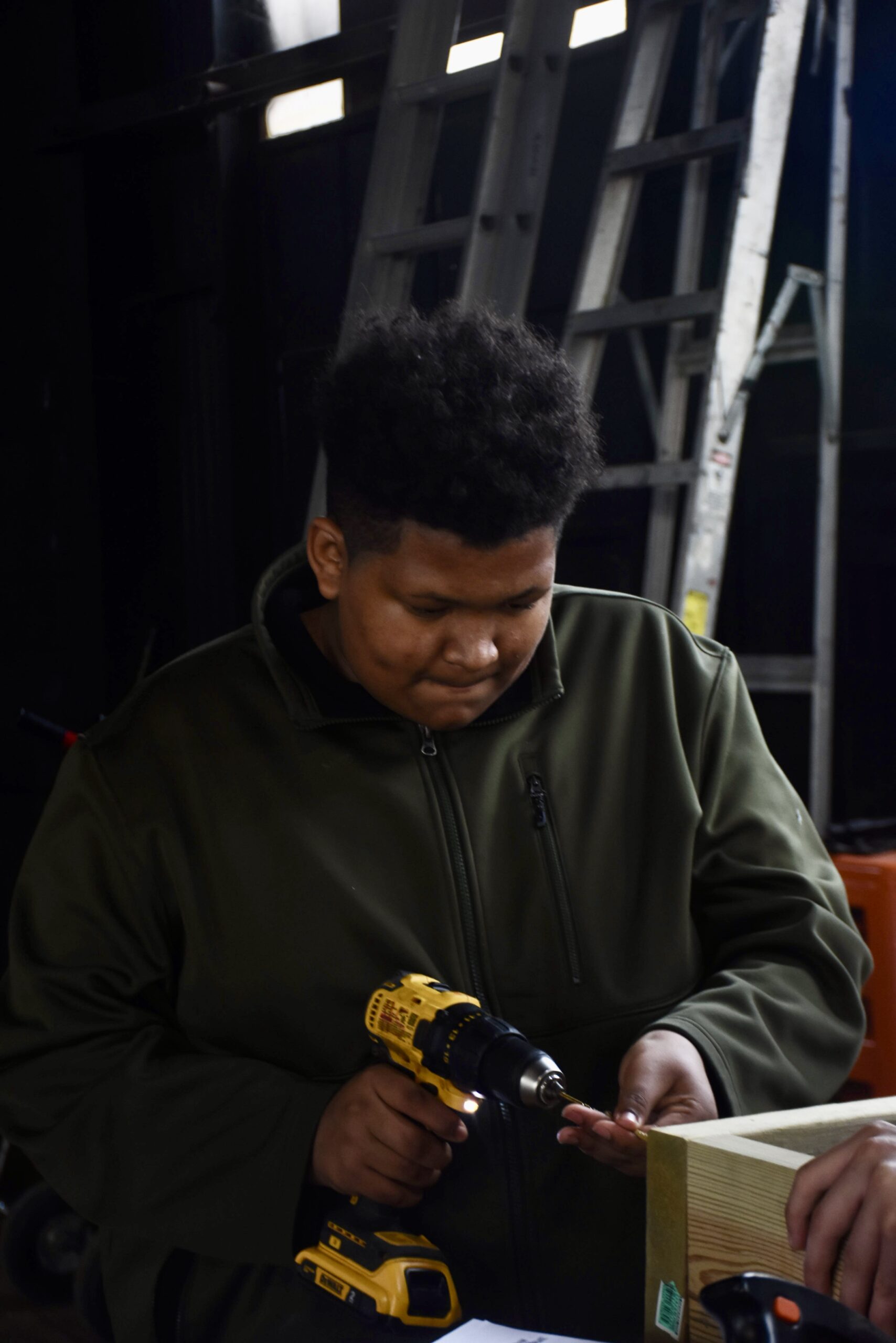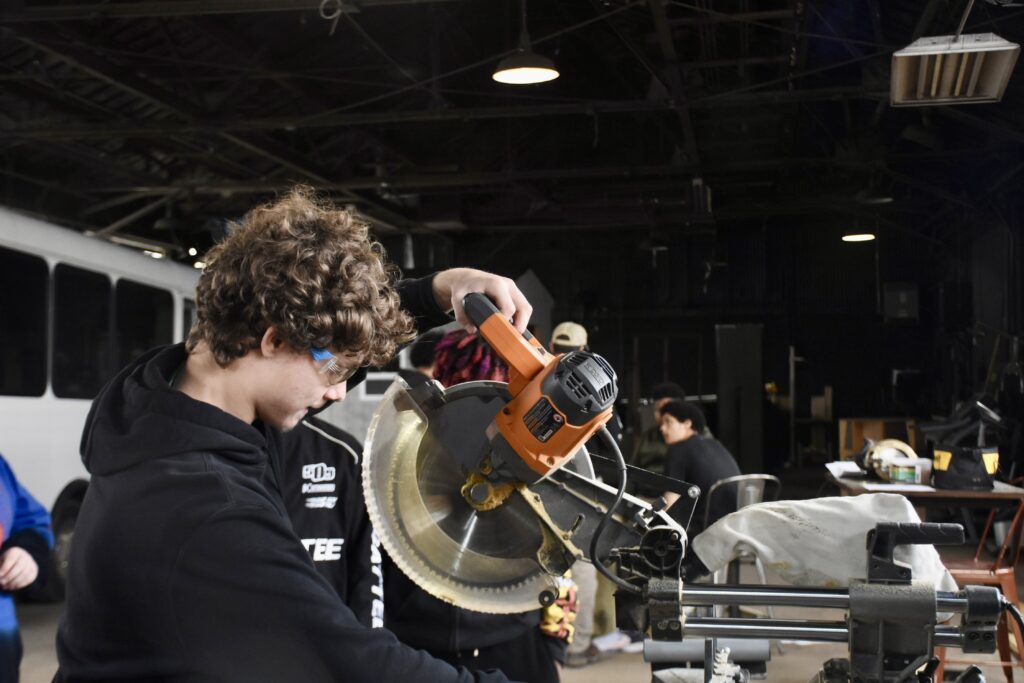Research has shown that providing teenagers with early work experience can positively affect their employment and earnings later in life and that youth participation in summer employment programs is associated with decreases in criminal activity and increases in school attendance. Two Abell Foundation grantees—Grow Home and Lydia’s House—provide paid work experience to youth from underserved communities, allowing participants to explore different careers while developing positive work habits, self-confidence, and the ability to work cooperatively.
Last year, with support from the Abell Foundation, Lydia’s House provided in-school job readiness training workshops to 65 students at five Baltimore City high schools. All the students were rising juniors and seniors, and they received a minimum wage stipend for participating in 24 hours of training over four weeks. Lydia’s House also provided paid, on-the-job internships for 25 students. Interns worked for 12 weeks at the University of Maryland Medical System in various departments, including the front desk, security, and laundry. Students met daily with on-the-job supervisors and Lydia’s House staff during training.

A Grow Home participant practices new skills.
Grow Home works with community groups to clean up, improve, and maintain active parks and community gardens in the Brooklyn/Curtis Bay neighborhood. Over the past two years, with support from the Abell Foundation, Grow Home has provided first-time employment to more than 150 young people and helped 30 students secure employment after training. Last year, Grow Home provided 60 youth, mostly juniors, with weekly stipends as they participated in afterschool Career and Technical Education training programs. During each six-week session, students were introduced to different industries, including automotive maintenance, welding, culinary arts, urban agriculture, solar power, and plumbing. Participants earned $400 over each six-week session, including $100 for completing workforce essential skills training. Over the summer, students worked with Grow Home staff on community garden and property repair projects, with recent graduates now maintaining full-time employment in facilities management.
For adults returning from incarceration or who are in recovery, paid work experience addresses the need for immediate income and a supportive environment for learning new job skills. Friendly Loving Opportunities (FLO) receives donated furniture and artwork from hotels and individual donors, storing it in a large warehouse on Bayard Street. With support from the Abell Foundation, FLO trains apprentices, most of whom are in recovery and have experienced homelessness, to professionally clean and repair the furniture. FLO receives referrals of families in need of furniture from partner organizations, including Healthcare for the Homeless, the Housing Authority of Baltimore City, Baltimore City Public Schools, and recovery programs.
After families have selected the furniture that they want, FLO fully furnishes their apartments, with FLO apprentices delivering and setting up the furniture in clients’ homes. In 2023, FLO provided furniture to 166 homes, serving 64 men, 124 women, and 243 children. In addition to fully furnishing their homes, FLO provided clients with groceries, household essentials, and electronics such as computers and televisions. Currently, 10 FLO apprentices work three days a week at the FLO warehouse, learning essential work skills and helping FLO to fulfill its mission. Starting in 2024, SECU now provides free checking accounts for the apprentices, and four apprentices have been hired in full-time positions with other companies.
